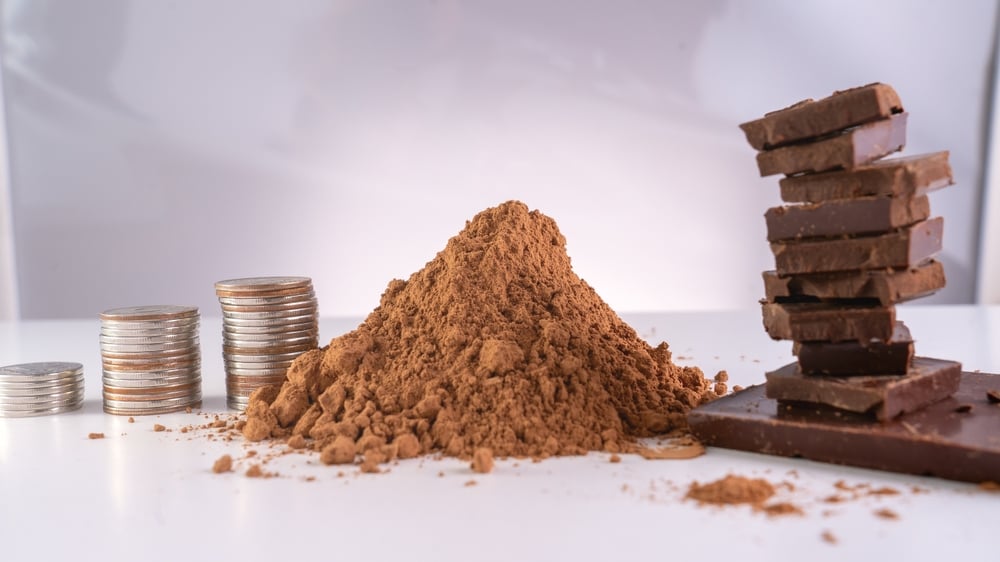The climate crisis has driven prolonged high temperatures in West Africa, a region responsible for about 70% of global cacao production. Researchers warn that extreme heat is damaging harvests, likely leading to further record-breaking chocolate prices.
Impact of Rising Temperatures on Cacao Farming
Farmers in Ivory Coast, Ghana, Cameroon, and Nigeria have struggled with increasing temperatures, plant diseases, and unusual rainfall patterns in recent years. These challenges have contributed to declining production and a surge in cocoa prices.
A report by the independent research group Climate Central found that climate change, largely driven by burning fossil fuels, has intensified extreme heat in cacao-producing regions. Using data from 44 cacao-producing areas, researchers compared current temperatures with a hypothetical world unaffected by global warming.
Excessive Heat and Cacao Yields
The study revealed that over the past decade, global heating has added an extra three weeks of temperatures exceeding 32°C (89.6°F) during the main growing season from October to March. In 2023, the hottest year on record globally, temperatures surpassed 32°C on at least 42 days across two-thirds of the areas analyzed.
Researchers highlighted that such excessive heat reduces both the quantity and quality of cacao harvests. Additional factors exacerbating the crisis include mealybug infestations, irregular rainfall, smuggling, and illegal mining.
Economic Impact and Rising Cocoa Prices
Failed harvests have significantly increased cocoa prices since late 2023. On the New York market, cocoa prices surpassed $10,000 per tonne on Wednesday, having peaked above $12,500 in December. For decades, prices had typically ranged between $2,000 and $3,000 per tonne.
In response to rising costs, Swiss chocolate maker Lindt & Sprüngli announced further price increases this year.
Warnings from Experts
Christian Aid, a UK charity, reported that extreme rainfall in 2023 and drought in 2024 had drastically altered weather conditions in West Africa, harming cacao farmers.
“Growing cocoa is a vital livelihood for many of the poorest people around the world, and human-caused climate change is putting that under serious threat,” said Osai Ojigho, director of Christian Aid’s policy and public campaigns.
Professor Narcisa Pricope of Mississippi State University warned that cacao crops face an “existential threat” due to increasing dryness in key regions. She contributed to a United Nations study that found more than three-quarters of the Earth’s landmass had become drier over the past 30 years.
Call for Collective Action
Pricope emphasized that greenhouse gas emissions are the primary driver of increasing aridity, but unsustainable farming practices also play a role.
“Collective action against aridity isn’t just about saving chocolate – it’s about preserving the planet’s capacity to sustain life,” she said.
The ongoing climate crisis threatens cacao production, leading to higher chocolate prices and endangering the livelihoods of millions of farmers. Urgent action is needed to combat the effects of global warming and ensure the sustainability of this vital industry.






















